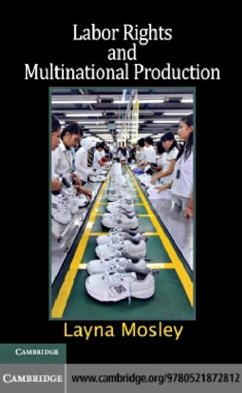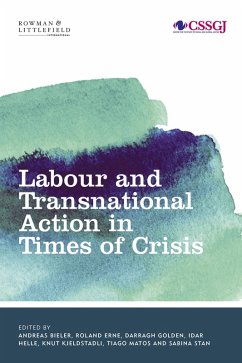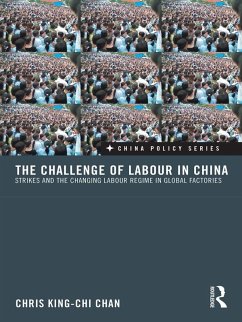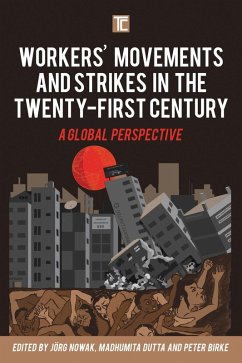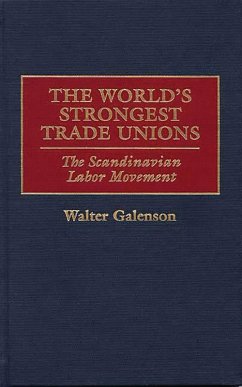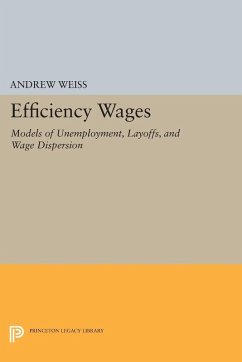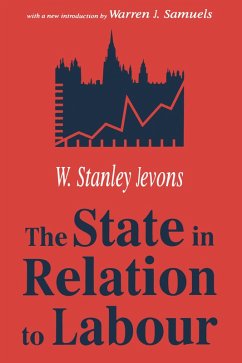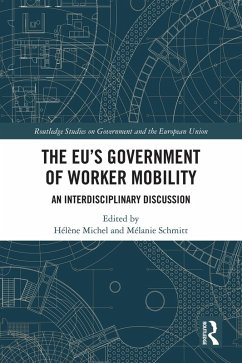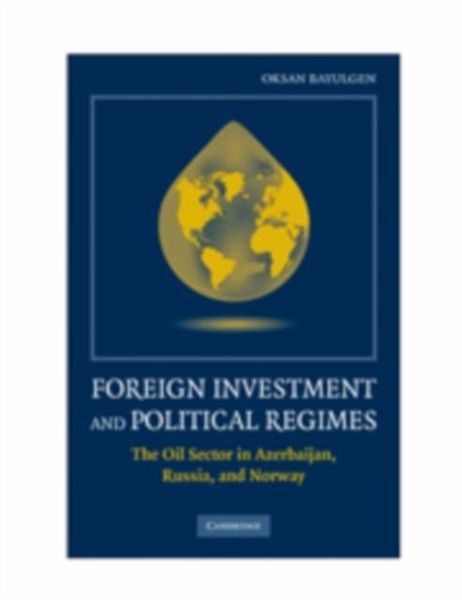
Foreign Investment and Political Regimes (eBook, PDF)
The Oil Sector in Azerbaijan, Russia, and Norway
Versandkostenfrei!
Sofort per Download lieferbar
32,95 €
inkl. MwSt.
Weitere Ausgaben:

PAYBACK Punkte
16 °P sammeln!
Drawing on three in-depth case studies of oil-rich countries and statistical analyses of 132 countries over three decades, Bayulgen demonstrates that the link between democratization and FDI is nonlinear. Both authoritarian regimes and consolidated democracies have institutional capabilities that, though different, are attractive to foreign investors. Democracies can provide long-term stability, and authoritarian regimes can offer considerable flexibility. The regimes that have started on the road to democracy, but have not yet completed it, tend to have political institutions that provide nei...
Drawing on three in-depth case studies of oil-rich countries and statistical analyses of 132 countries over three decades, Bayulgen demonstrates that the link between democratization and FDI is nonlinear. Both authoritarian regimes and consolidated democracies have institutional capabilities that, though different, are attractive to foreign investors. Democracies can provide long-term stability, and authoritarian regimes can offer considerable flexibility. The regimes that have started on the road to democracy, but have not yet completed it, tend to have political institutions that provide neither flexibility nor stability. These hybrid regimes, then, also find it relatively more difficult to construct a policy environment that is attractive to foreign investments. These findings have deep implications for the link between democratization and globalization, but also how globalization may affect political, social, and economic development.
Dieser Download kann aus rechtlichen Gründen nur mit Rechnungsadresse in A, B, BG, CY, CZ, D, DK, EW, E, FIN, F, GR, HR, H, IRL, I, LT, L, LR, M, NL, PL, P, R, S, SLO, SK ausgeliefert werden.




